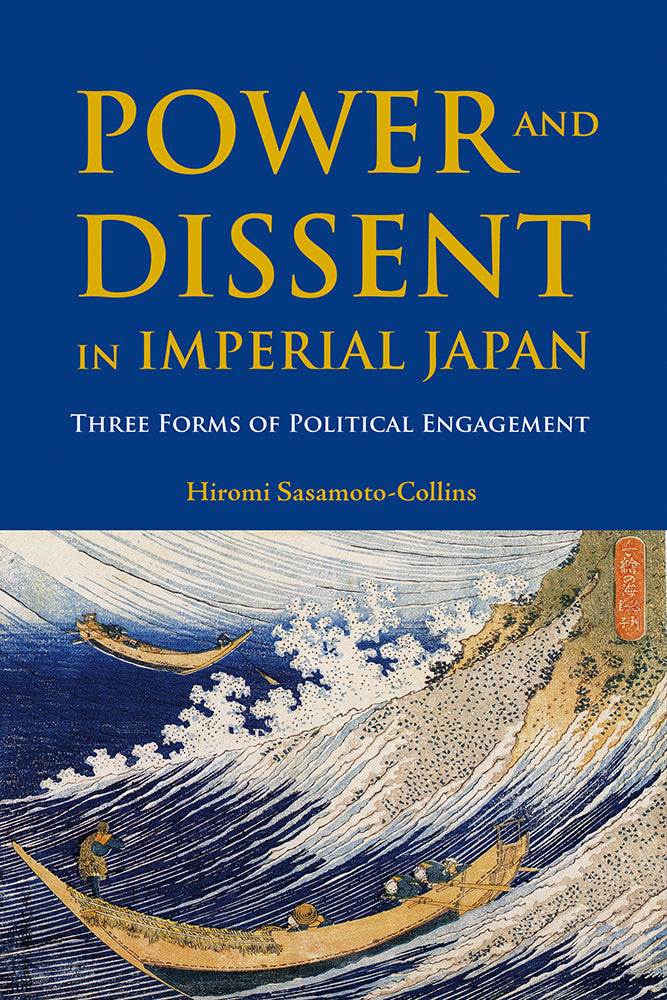Power and Dissent in Imperial Japan: Three Forms of Political Engagement
$45.00 SGD
by Hiromi Sasamoto-Collins
This volume examines the careers and intellectual positions of three prominent Japanese "dissidents" in the later Imperial period - Minobe Tatsukichi, Sakai Toshihiko and Saito Takao - as individual responses to the new forms of authority that appeared after the Meiji Restoration of 1868. The principles to which each adhered - the rule of law, socialist egalitarianism, and representative government - contributed to the new ideas about authority and the individual in post-Restoration Japan. They also remain fundamental (at least in theory) in today's Japanese polity and society. The study reaffirms the serious limitations of the pre-war Japanese political system, its structural and institutional problems, and deep-rooted ambivalence about democratic change. But it also confirms the birth of an alternative tradition in which individuals began to define and sponsor the processes of national self-regulation. The book traces the perspectives of three such individuals who chose to contest the new power arrangements through their writings and political activities.
Dr Hiromi Sasamoto-Collins is a former lecturer in modern Japanese history at Durham University, and is currently a tutor in Asian Studies at the University of Edinburgh.
Publication year: 2013
330 pp / 229mm x 152mm
4 figures
ISBN: 978-87-7694-118-5, Paperback
ISBN: 978-87-7694-117-8, Hardback
NIAS Press

